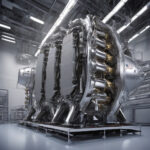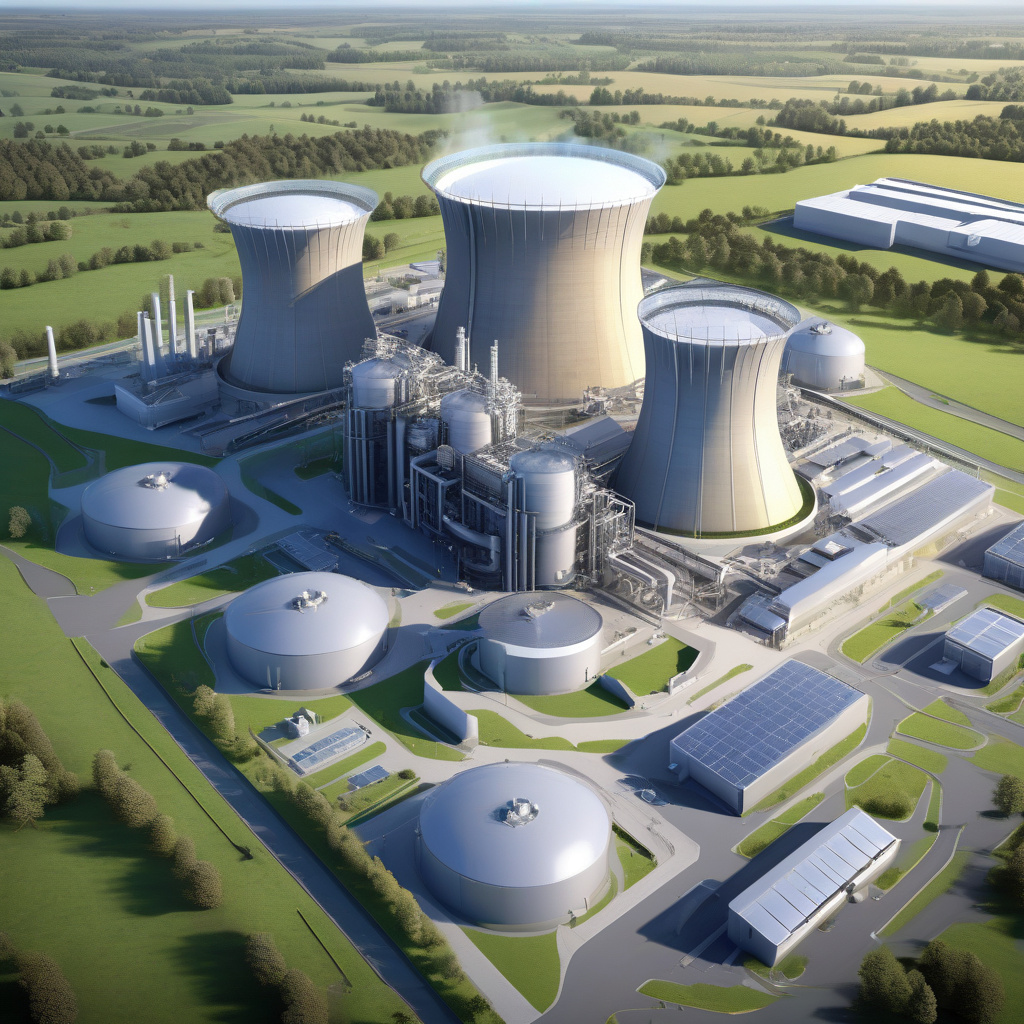UK’s Smart Nuclear Fusion Technology to Propel Plant Productivity with Less Downtime
A British program is making efforts to develop two groundbreaking technologies for remote maintenance in nuclear fusion plants. This initiative aims to revolutionize the way maintenance is conducted in these facilities, ultimately leading to increased productivity and reduced downtime.
The first technology being developed is a fleet of autonomous drones equipped with advanced sensors and cameras. These drones are designed to inspect the intricate components of nuclear fusion reactors with precision and accuracy. By utilizing drones for maintenance inspections, plant operators can identify potential issues before they escalate, allowing for proactive maintenance to be carried out swiftly and efficiently.
The second technology in development is a remote handling system that utilizes cutting-edge robotics to perform maintenance tasks in hazardous environments within the fusion plant. This system will enable operators to conduct repairs and replacements without the need for human intervention in potentially dangerous areas. By leveraging robotics for maintenance activities, plant downtime can be minimized, leading to increased operational efficiency and cost savings.
One of the key advantages of these technologies is their ability to gather real-time data and insights during maintenance activities. By collecting and analyzing data during inspections and repairs, plant operators can make informed decisions to optimize plant performance and prevent unexpected breakdowns. This data-driven approach to maintenance is crucial for ensuring the long-term sustainability and reliability of nuclear fusion plants.
Furthermore, the implementation of smart maintenance technologies can also enhance overall safety standards within the plant. By reducing the need for human intervention in hazardous areas, the risk of accidents and injuries can be significantly minimized. This not only ensures the well-being of plant personnel but also contributes to the overall reputation and public perception of nuclear fusion technology.
In addition to the operational benefits, these smart maintenance technologies can also have a positive impact on the environment. By enabling nuclear fusion plants to operate more efficiently and with reduced downtime, the carbon footprint associated with energy generation can be further minimized. This aligns with the global efforts to transition towards cleaner and more sustainable energy sources, positioning nuclear fusion as a key player in the future energy landscape.
In conclusion, the development of smart maintenance technologies for nuclear fusion plants in the UK represents a significant step towards enhancing plant productivity and reducing downtime. By leveraging autonomous drones and robotics for maintenance activities, operators can optimize plant performance, improve safety standards, and minimize environmental impact. As these technologies continue to evolve and mature, the future of nuclear fusion looks promising in the journey towards a more sustainable energy future.
nuclear fusion, smart technology, maintenance, productivity, UK initiatives












